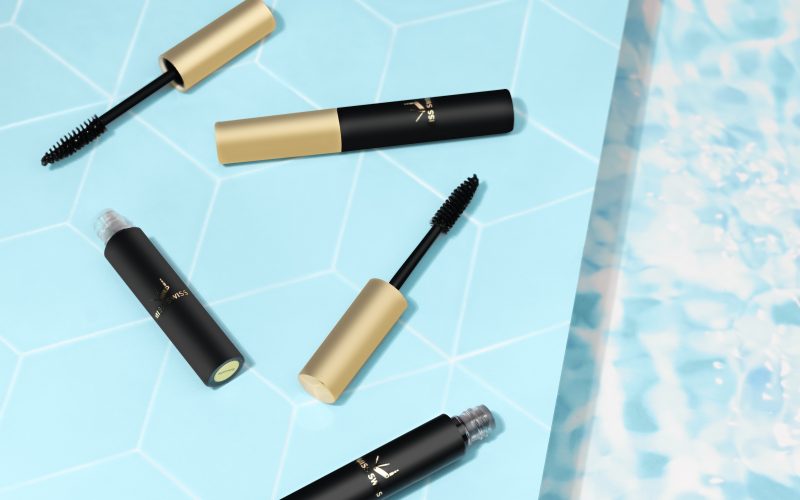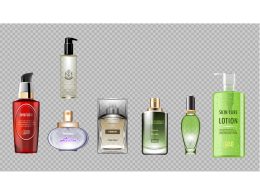Introduction:
In the world of social media, beauty influencers have held significant sway over consumer choices for years. However, a new breed of influencers known as “de-influencers” is emerging. These individuals are questioning the impact of beauty influencers on our purchasing decisions and advocating for more conscious consumerism. In this article, we explore the rise of de-influencers, their motivations, and the potential implications for the beauty industry.
1. The Reign of Beauty Influencers:
Beauty influencers have revolutionized the beauty industry by leveraging their online presence to promote products and shape consumer preferences. Their curated content, glowing reviews, and flawless looks have persuaded many to make impulsive beauty purchases. However, the influence of these online personalities is not without its drawbacks.
2. The Emergence of De-Influencers:
De-influencers are individuals who aim to counter the overwhelming influence of beauty influencers. They question the authenticity of product recommendations, challenge unrealistic beauty standards, and encourage consumers to think critically about their purchases. These influencers prioritize transparency, honesty, and ethical considerations over sponsored content and promotion.
3. Unveiling Hidden Agendas:
De-influencers often uncover hidden agendas within the beauty industry, exposing undisclosed sponsorships, biased product reviews, and misleading marketing tactics. By shedding light on these practices, they aim to empower consumers to make informed choices and encourage brands to prioritize transparency.
4. Fostering Conscious Consumerism:
De-influencers advocate for conscious consumerism by promoting responsible beauty practices. They encourage individuals to assess their beauty needs, consider the environmental impact of products, and support brands that align with their values. By emphasizing quality over quantity, de-influencers seek to reduce impulse purchases and promote a more sustainable approach to beauty.
5. Empowering Consumer Voices:
One of the key goals of de-influencers is to amplify the voices of everyday consumers. They provide platforms for individuals to share their honest experiences with beauty products, encouraging open discussions and facilitating informed decision-making. By prioritizing authentic consumer feedback, de-influencers challenge the one-sided narratives often presented by beauty influencers.
6. Impact on the Beauty Industry:
The rise of de-influencers is prompting the beauty industry to reassess its practices. Brands are being urged to prioritize authenticity, diversity, and sustainability. As consumers become more discerning and demand transparency, the industry must adapt to maintain consumer trust and loyalty. This shift also presents an opportunity for smaller, independent brands that align with the values espoused by de-influencers.
7. The Power of Individual Choice:
De-influencers stress the importance of individual choice and empowerment. They encourage consumers to celebrate their unique beauty and challenge societal norms. By questioning the need for excessive beauty products and promoting self-acceptance, de-influencers aim to reshape the beauty landscape and foster a more inclusive and diverse industry.
Conclusion:
The rise of de-influencers signals a shift in the beauty industry and consumer behavior. These influencers question the influence of beauty influencers, advocate for conscious consumerism, and empower individuals to make informed choices. By fostering transparency, authenticity, and ethical considerations, de-influencers are challenging traditional beauty standards and reshaping the narrative. As consumers, let us embrace our power to make conscious decisions and redefine what beauty means to us.












